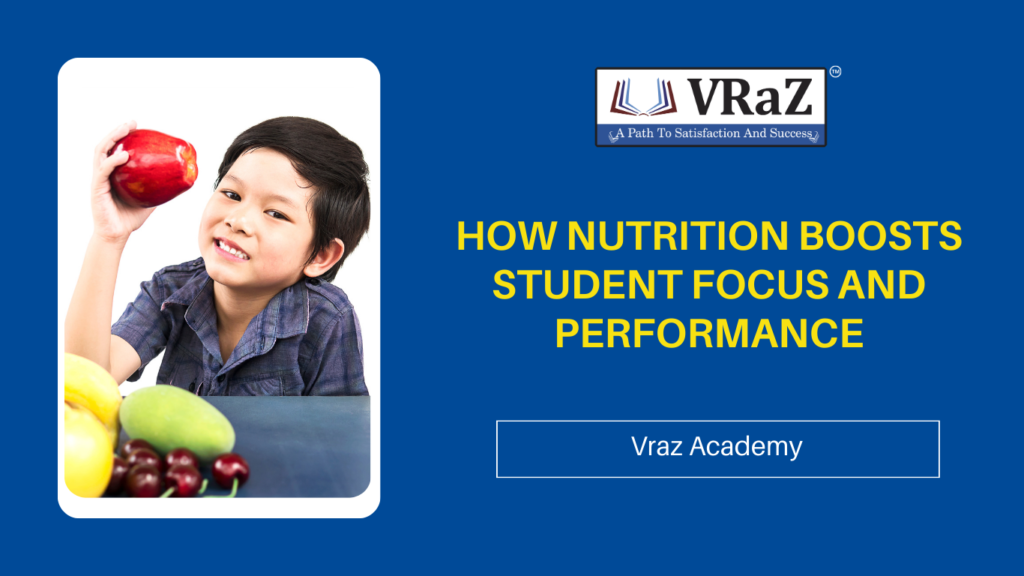How Nutrition Boosts Student Focus and Performance

In today’s competitive academic environment, students are often under immense pressure to perform well. While study habits and time management are crucial, one often overlooked factor that significantly impacts academic success is nutrition. Proper nutrition can enhance focus, memory, and overall cognitive function, helping students achieve their best. Here’s how you can leverage nutrition to boost student performance and focus.
How Nutrition Affects Student Performance
Nutrition plays a vital role in brain function and overall health. The brain requires a constant supply of nutrients to function efficiently, and a balanced diet can make a substantial difference in cognitive performance. For instance:
- Brain Function: Essential nutrients like omega-3 fatty acids, found in fish, are crucial for brain health. They help improve memory and cognitive abilities.
- Energy Levels: Complex carbohydrates, such as those found in whole grains, provide sustained energy levels, preventing mid-day fatigue and keeping students alert throughout the day.
Practical Nutrition Tips for Better Focus
Incorporating the right foods into your diet can help students stay sharp and focused. Here are some practical tips:
- Start with a Balanced Breakfast: A nutritious breakfast jump-starts the day. Opt for whole grains, fruits, and protein-rich foods like eggs or yogurt to keep energy levels stable.
- Stay Hydrated: Dehydration can impair concentration and cognitive function. Encourage drinking plenty of water throughout the day to stay hydrated.
- Choose Brain-Boosting Snacks: Snacks like nuts, seeds, and berries are rich in antioxidants and essential fatty acids, which can improve brain function and focus.
- Limit Sugary Foods: Foods high in sugar can cause energy spikes followed by crashes, affecting concentration. Instead, choose foods with low glycemic index that provide steady energy.
- Include Omega-3 Fatty Acids: Fish like salmon or supplements can boost brain health and improve cognitive function.
Boosting Academic Performance with Healthy Eating
Healthy eating habits are not just about improving concentration but also about fostering overall well-being, which contributes to better academic performance. Encouraging students to adopt these nutritional practices can lead to noticeable improvements in their focus and performance.
For more tips on managing academic challenges, check out our article on Inability to Manage Time Between Different Subjects.
Are you ready to integrate these nutrition tips into your routine? How has your diet affected your academic performance in the past? Share your thoughts and experiences in the comments below!
